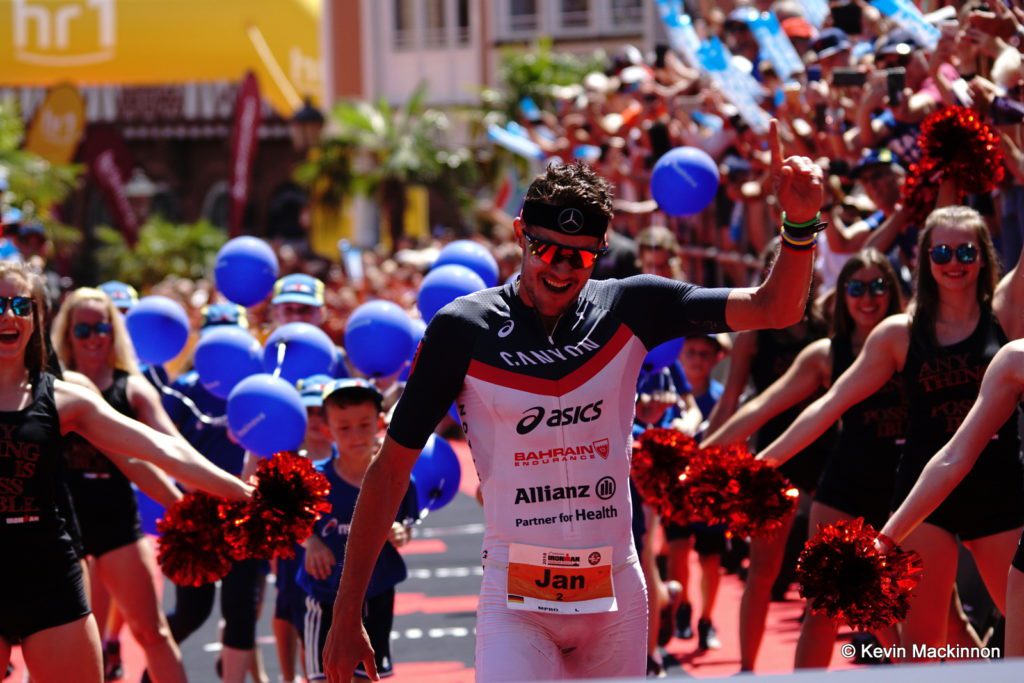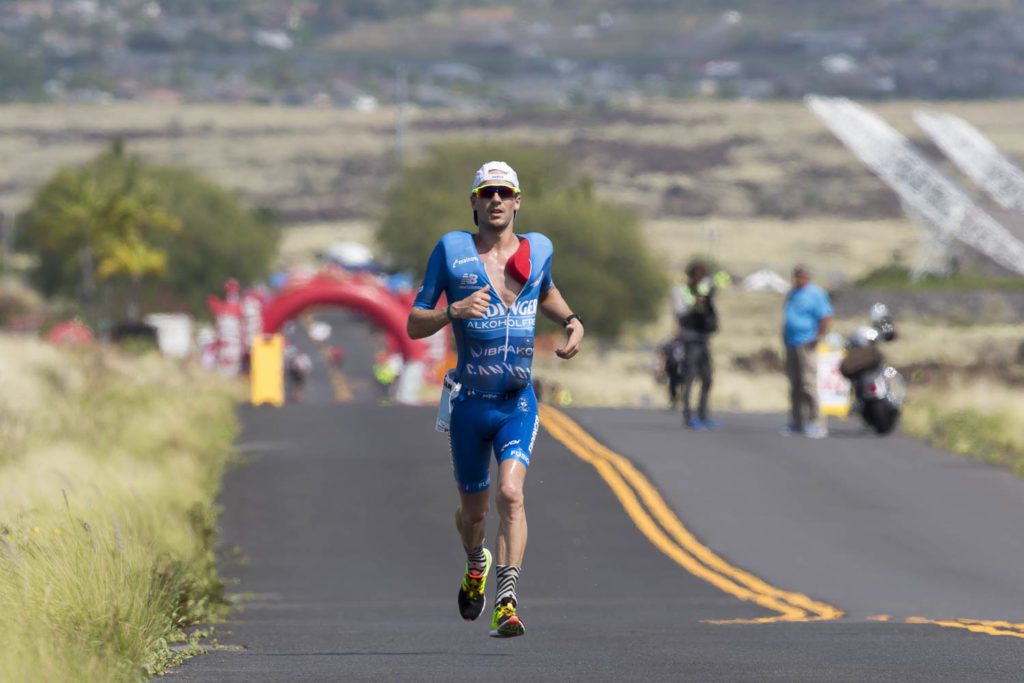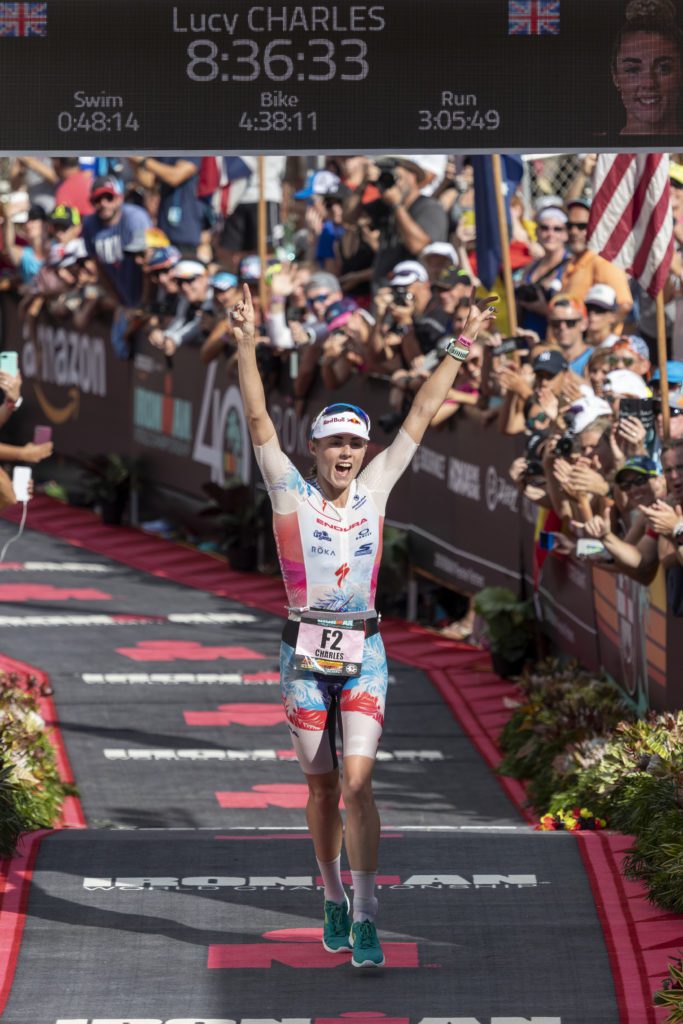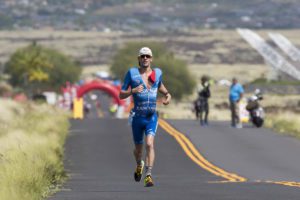Is lighter faster? Is lighter healthier?
"People wrongly use the physics argument that lighter is faster," says Dr. Paddy McCluskey, "they neglect the health deficits associated with getting lighter."
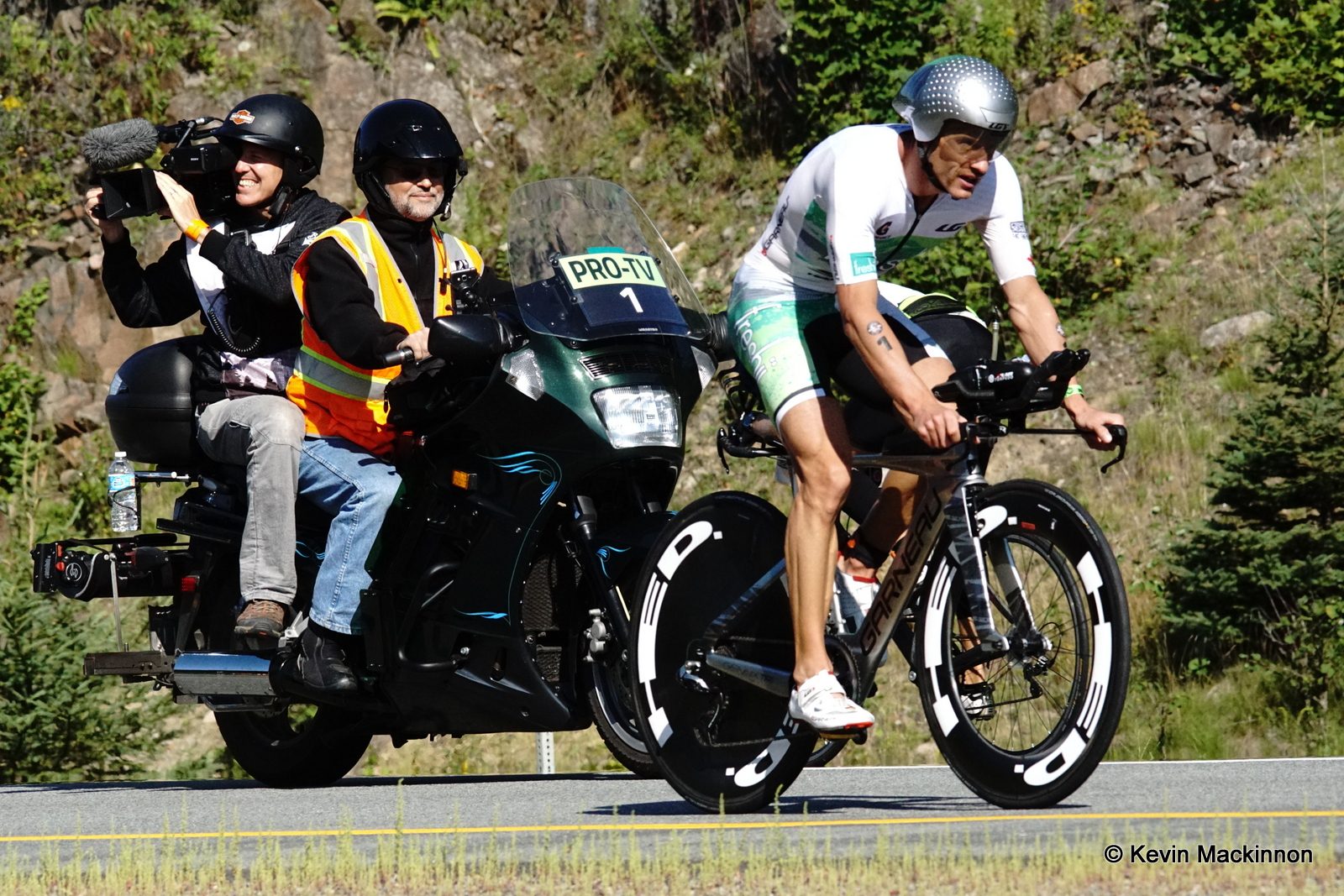
If you’ve kept an eye on the world of triathlon at all over your lifetime, you’ve likely seen images of super lean, fit, muscular and strong athletes crossing the finish line at Kona or any one of the thousands of triathlons around the world. For example, this year, we saw Jan Frodeno and Daniel Ryf dominate the world of long course triathlon. Unfortunately, Frodeno couldn’t get to the start line in Kona due to a sacral stress fracture, but we still witnessed a record-setting day from Patrick Lange and Ryf.
What is observable among all these triathletes is that their lean and looking to optimize their performance.
So, as we watch the world’s best win and break records we thought would never be broken, looking unnaturally lean, fit and “healthy,” people put two and two together and say, “lighter is faster.” A lot of this has to do with the belief (based on physics) that if you’re able to maintain the same work output or power, but shed a few pounds, you’ll go faster.
“People wrongly use the physics argument that lighter is faster,” says Dr. Paddy McCluskey, “What may be true in the controlled world of physics is not true with the human body. They neglect the health deficits associated with getting lighter.”
So, while they may achieve a level optimal performance for a period of time, are they achieving optimal health?
The simple answer is no, and here’s why.
Dr. Paddy McCluskey, the Chief Medical Officer and Medical Lead at the Canadian Sport Institute in Victoria, British Columbia, for Triathlon and Athletics Canada, illustrates this dilemma with an analogy. “Take two runners, with identical abilities,” says Dr. McCluskey, “Put a 10-pound backpack on one of them. Next, have them run a 10K race. The one without the backpack will win. Now, what tends to happen is that people begin experimenting, ‘What if we take the same two athletes, but try losing 10 pounds, will that athlete go faster?'”

Following Ironman Mont Tremblant, in an interview with Triathlon Magazine Canada’s editor Kevin Mackinnon, Lionel Sanders said, “I became too infatuated with getting lighter. I was glycogen depleted and lost five pounds, two days before the race. From the beginning, I felt very weak.”
“To my knowledge,” says Dr. McCluskey, “There is no significant evidence in this area of study that shows that if an already fit athlete loses weight, they will perform better in the long term. What is known and accepted is when you go into an energy deficit to lose weight, your risks of health deficits are exponentially higher than if you maintained your ‘natural, normal’ weight.”
“Once an individual enters a sustained state of energy deficiency or starvation, the body prioritizes basic metabolic functions to sustain life,” says Dr. McCluskey. The top priority is keeping your heart beating, your lungs taking in oxygen and keeping your brain in a functional state. To maintain these functions, the body shuts off basal metabolic functions non-essential to life. “Farther down the list of basal metabolic functions are bone, skin and hair health, even your immune system is affected,” says Dr. McCluskey.
This should come as no surprise. When you enter a hard few weeks of training, you’re more susceptible to getting sick because your body is sending its resources to repair and recovery from your hard block of training. In the same way, when you’re training and energy deficient, your body is going to send the few resources you’re taking in, to your heart, lungs and brain, and less to muscles and bones.
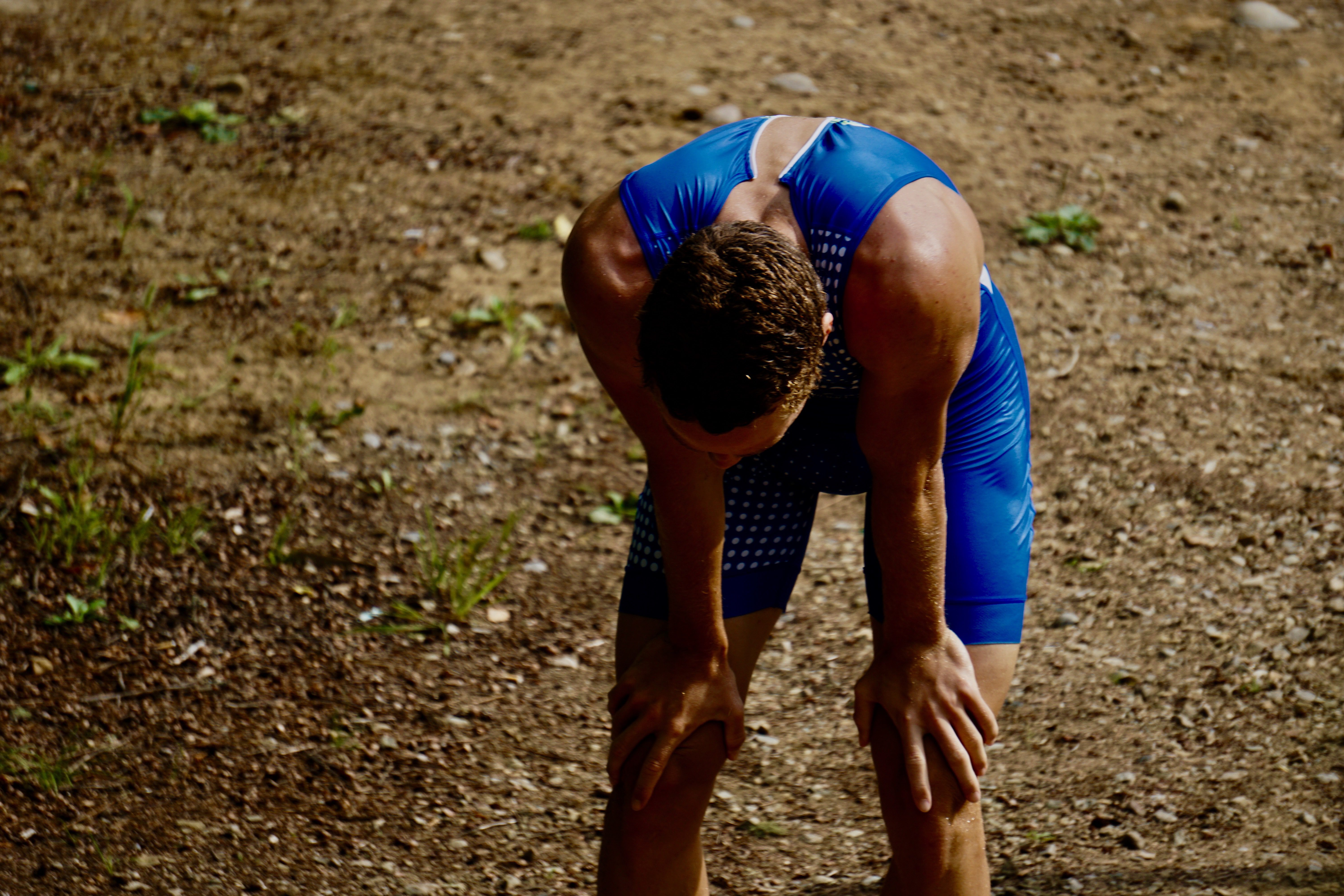
If this continues long enough and without an active support group of doctors, trainers, physiotherapists, dietitians and other health professions, the effects can be devastating to your health and athletic endeavours.
So, what is the purpose of all this?
The world’s elite triathletes, should not be a role model for optimal health. This is their job, to reach optimal performance. It is how they earn money to eat, pay for expenses. For them isn’t just a hobby. And sometimes they will push the line too far and they’ll get injured or sick. They sustain stress fractures to places that aren’t supposed to get fractured, for example, the sacrum. But these are the risks of their job.
However, Dr. McCluskey makes himself very clear, to all athletes, when he says, “Being healthy and available for training is far more effective than risking your general health.”
If you’re an age group triathlete, you likely got into the sport because you love it and because you enjoy pushing the limits. Hopefully, this article increases your awareness of the risks involved in pushing the boundaries and the need for professional guidance if you are one of that small bunch of age group triathletes who push a bit too hard.
